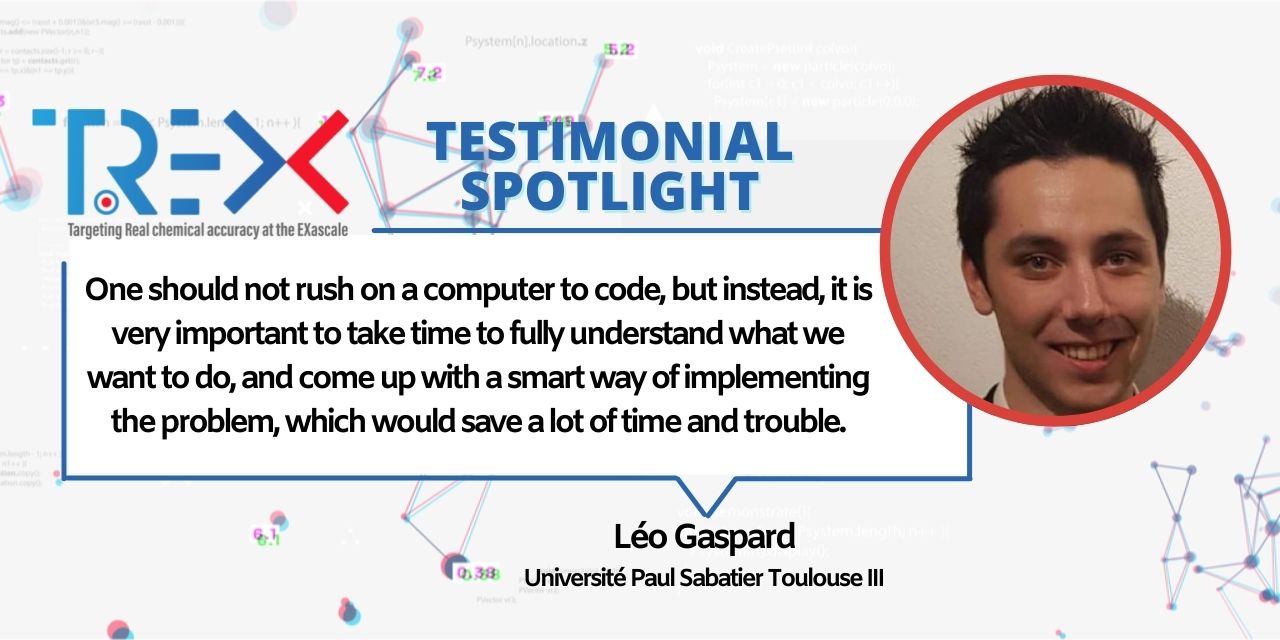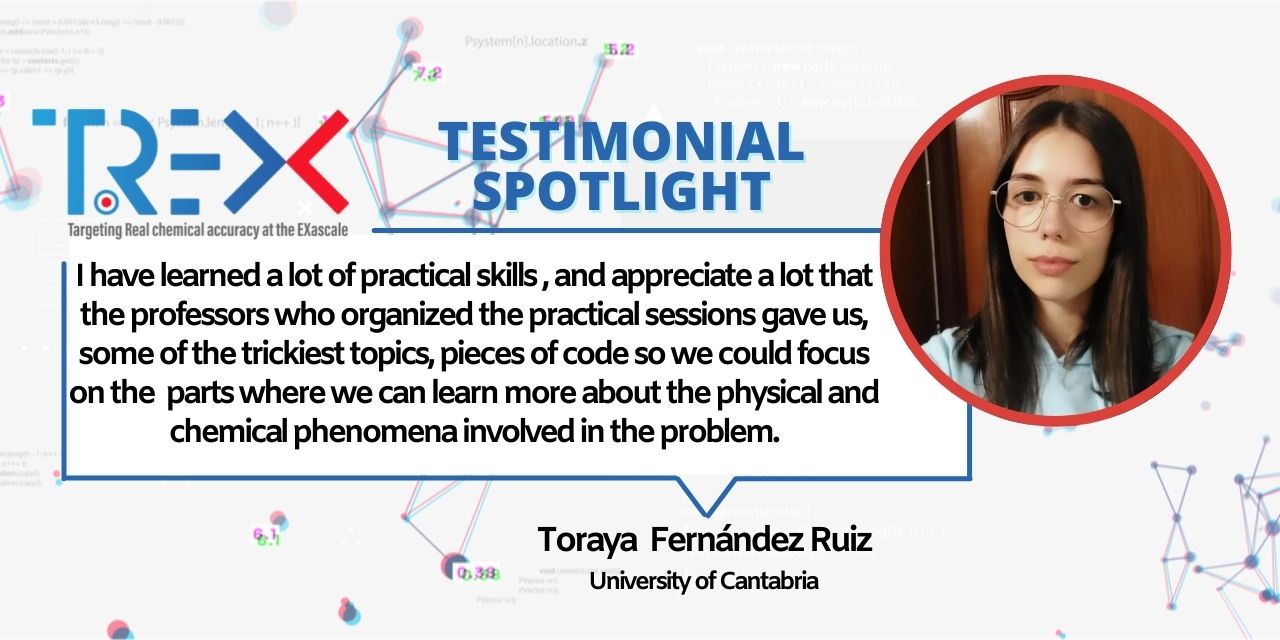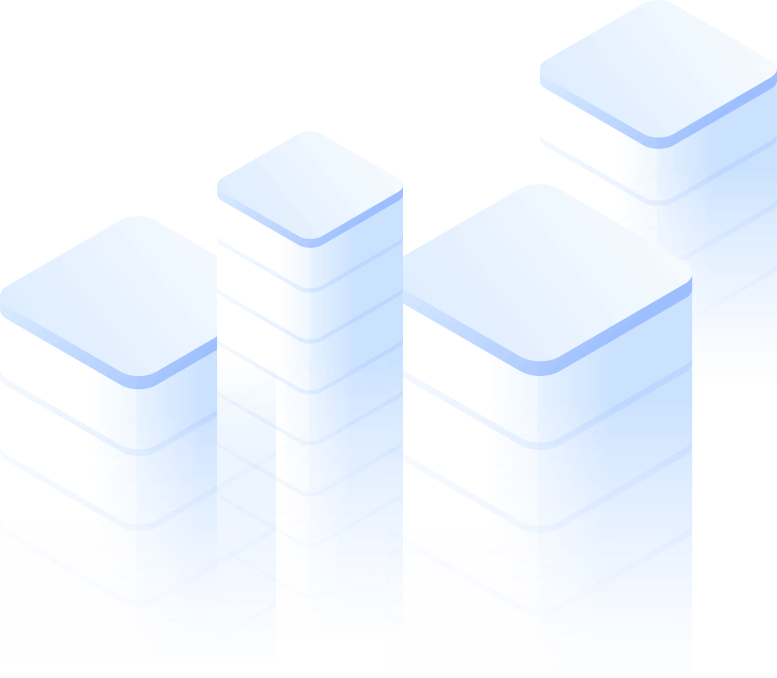During the Luchon Winter School of the Erasmus Mundus training event, held from 25th of January to 8th of February 2021, Claudia Filippi (TREX coordinator) and Anthony Scemama (scientific partner) from TREX participated by teaching to introduce the basic concepts of Quantum Monte Carlo (QMC) methods and explain how to write a simple QMC program.
Two of the recommendable attendees shared their thoughts on the TREX workshop.
Let’s see what Léo Gaspard, a student in the second year of the Theoretical Chemistry and Computational Modelling Master in Toulouse (France), who is mainly interested in the interface between theoretical chemistry and solid-state physics.
Why are you studying computational chemistry?
I am studying computational chemistry because I like the way it gives us the tool to give "life" to the fundamental equations that describe the behaviour of the chemical species. The way that we can understand complex phenomenons using these equations combined with computer science is something that I'm passionate about.
What did you learn – what's the main take away from the week?
Over this week, we were given an overview of many fields of computational chemistry (Hartree-Fock, density functional theory, Hückel model, Heisenberg model, building nanoparticles, Quantum Monte Carlo, molecular dynamics, quantum dynamics..) and some methods for their implementation. The main takeaway of this winter school would be that one should not rush on a computer to code, but instead, it is very important to take the time to fully understand what we want to do and come up with a smart way of implementing the problem, which would save a lot of time and trouble.

Let’s see the testimonial from Toraya Fernández Ruiz, Physics Bachelor degree with a specialization in Fundamental Physics finished in 2019. Mathematics Bachelor degree with a specialization in Fundamental and Applied Mathematics with 228 of 240 ECTS finished in 2021.
Why are you studying computational chemistry?
I am not a chemist. My background is in physics and mathematics. This master degree was the closest to the area of condensed matter physics that I had in my home university. In the end, condensed matter physics is a field where physics, maths and chemistry join and it is important to know the point of view of the others. This fact is one of the most important things that this master has provided to my future career. This was also my motivation to start in the field. Nowadays, theoretical and computational condensed matter physics is one of the areas of science where I can apply my knowledge about maths and physics together.
What did you learn – what's the main take away from the week?
I have mainly learned a lot of practical skills about the topics introduced in the lectures. It was very useful. As most of us had already some background about the theoretical part of the seminars, I think it was important to work directly in the programming of a concrete problem. I also appreciate a lot that the professors who organized the practical sessions give us, in some of the trickiest topics, pieces of code so we could focus on the parts where we can learn more about the physical and chemical phenomena involved in the problem. However, we could also see some of the problems in terms of complexity and computational time of the problems, which was very instructive.

Learn more of the TREX Training and Educational Programme, foster the use of the developed HPC codes by developers and users communities and to engage and forge a new generation of highly-skilled computational scientists.
Stay tuned for the upcoming events.


